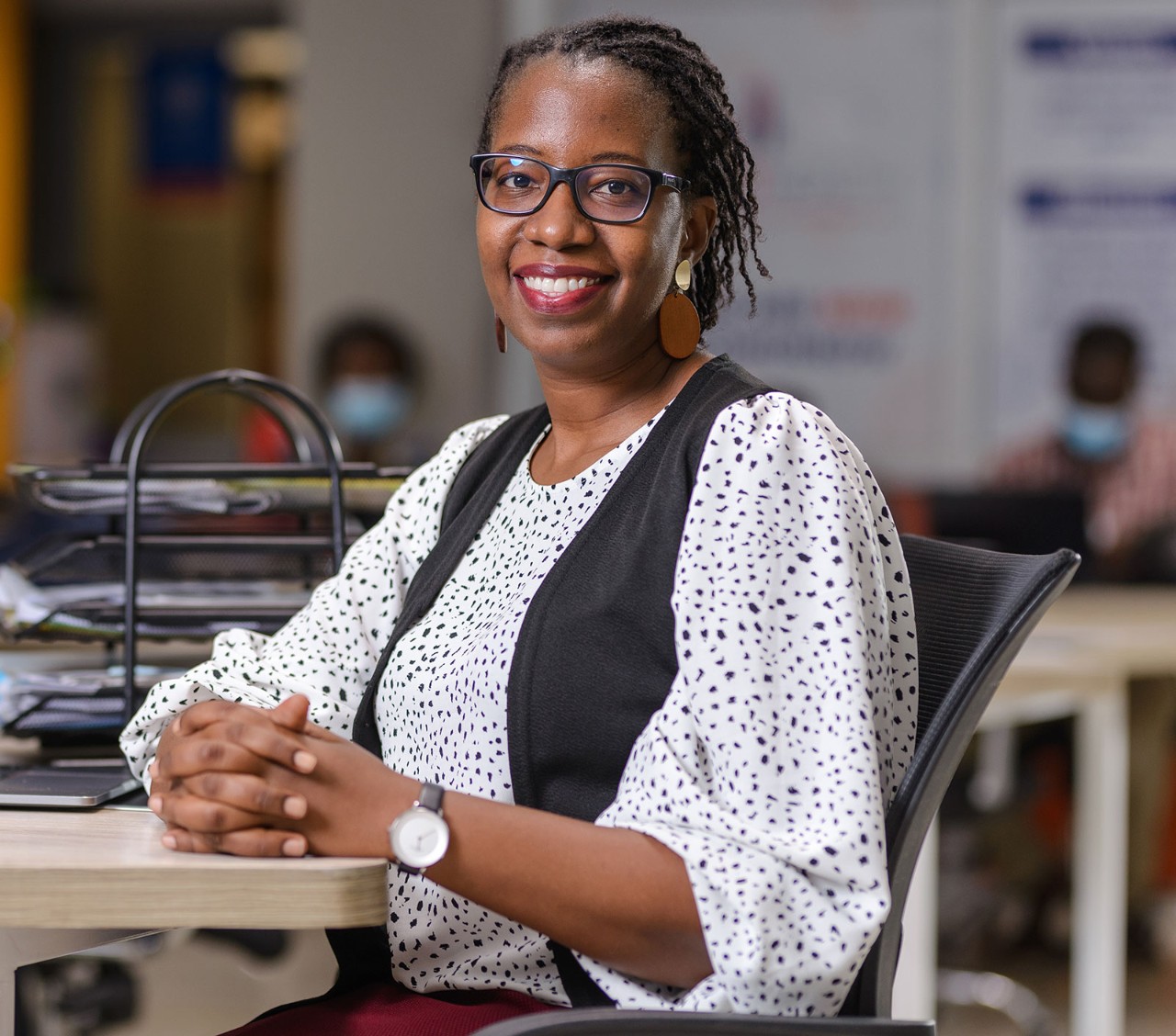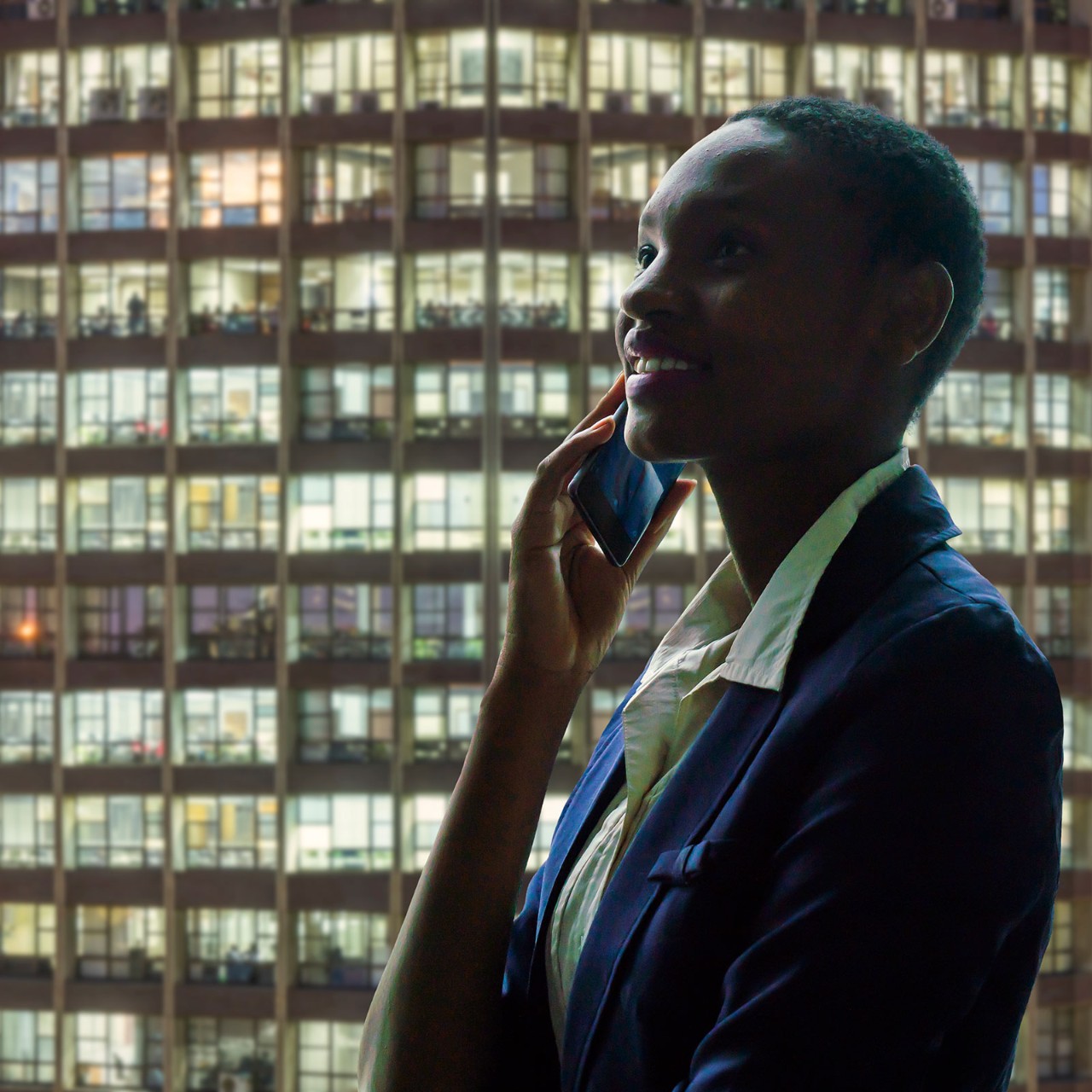
While much work has gone into improving the quality of corporate governance and reporting in Mauritius and the surrounding region over recent years, businesses have upped their focus on their social and environmental responsibilities as a result of the pandemic. Large organisations are now in full execution mode to build more environmentally friendly value chains.
Hotel groups, for example, are re-engineering their business models to achieve carbon neutrality, as this represents a clear competitive advantage. Technology is also helping organisations operate more sustainably, not least through the traceability of carbon emissions to manage climate change. And the government has provided fiscal incentives to adopt renewable energy.
Accountants deal with the existential risks organisations face, and the largest of these is the failure to innovate
In short, there has been an upstream move from measuring and reporting on sustainability to formulating strategy and taking concrete actions to achieve target metrics. This has set a virtuous circle in motion, with organisations increasingly embedding sustainable actions into everything they do.
Funding spurs action
Institutional lenders are making substantial funding available for green projects, with accountancy professionals drawing up bankable documentation to take advantage of these opportunities. Investment is growing in smart cities and sustainable fishing, as well as greener, inclusive transport projects – the financing for all of which is increasingly linked to sustainability criteria.
Investment is pouring in from various sources to fund renewable energy initiatives – solar and wind energy projects, as well as public transit systems. More recently, a car pooling application has been rolled out nationally, which will help reduce traffic and greenhouse gas emissions.
Accountants have an important and pervasive role to play in all these sustainability initiatives. They are involved in articulating strategy, assessing financial feasibility, raising debt and equity, tracking and reporting performance, and driving and auditing compliance. And once the loop is complete, we help with continuous improvement. Accountants are also involved in the collection and settling of carbon credits.
Another role is enabling foreign investment in sustainable projects by providing a host of corporate services, tax support and compliance services, and getting the required permits. We see more millennials and Gen Z keen to engage with organisations that stand for the right values, and we know businesses are realising that the adoption of sustainable practices is paramount if they are to remain competitive, relevant and talent-attractive.
Role in risk
ACCA members deal with the existential risks faced by organisations, and the largest of them all is the failure to innovate and remain relevant. It is our professional duty to ensure that information reported is transparent and translated into useful narratives for all stakeholders. Companies that adopt integrated reporting are more forward-thinking, but the best accountants also advise them on how to use that information to analyse risk and drive strategy.
Accountancy professionals can provide the fundamental analysis and foresight needed for organisations to understand the risks and opportunities presented by the pandemic – through scenario planning and risk mapping, for example. Our fundamental and predictive analyses can help organisations be more purpose-led by measuring their impact on people and the planet better. We need to be helping organisations price these intangibles, ascertain long-term value and understand how to create it.
Accountant of the future
The accountant of the future is not just the gatekeeper par excellence, but a champion of ethics across the business. Accountants are always learning, since they are managing new projects all the time, transferring knowledge, adapting the structure of work delivery, identifying risks and turning them into opportunities. As an accountant, you don’t need to be an expert in how to measure the reduction in air pollution, but you can do the due diligence to make sure the right experts are in place, and audit the integrity of the processes they then follow.
The accountant of the future does all of this in a collaborative spirit, securing progress on those things that matter to our profession, our stakeholders and society at large.
Building sustainability
Tourism is one of Mauritius’s biggest sectors, so we are constantly exploring how to manage waste better. For example, an NGO redistributes excess meals from hotels and restaurants to those who need it, which reduces the amount of food waste. And there is a project currently examining whether the ash-like residue left over from processing waste on the island to produce energy can be used as an input in concrete production.
Accountants help manage the lifecycle and transition risks of such initiatives by gathering relevant information and creating the right metrics and key performance indicators to ensure the projects are viable. When accountants across economic sectors collaborate, they can often find additional ways to profitably unlock ‘green’ opportunities.



